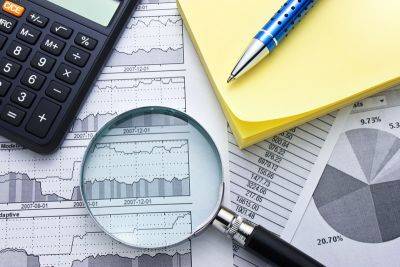It's high time the government reduced taxes on fuel
₹70 to over ₹100, it was a significant shock to households and businesses' balance sheets. The exorbitant cost of fuel has forced households to cut back on spending for other essential items. But, it appears that the government has not acknowledged the economic fallout and is maintaining the status quo.
Thankfully, the government has the power to ease the burden by making adjustments to taxes. The government should calibrate and cushion the high level of taxes and levies on petrofuels, so as to moderate the direct impact of the global fuel price rise on Indian households and businesses and the indirect impact via transport and energy costs of goods and services. The margins of oil companies should be spared the political compulsions of the ruling party.
Global crude prices are artificially elevated due to production cuts by Saudi Arabia and Russia, and they hold the upper hand in deciding when prices would normalise. The government should not allow the Indian public to be held hostage by the domestic compulsions of Saudi Arabia and Russia. This logic holds good, even if the global benchmarks of crude prices have fallen after the US Federal Reserve made it clear that one more rate hike is very much a possibility.
That price fall left the benchmark price still above $90 a barrel, and prices could harden if world growth picks up. Taxes are a high proportion of the final retail price of petrol and diesel in a number of countries. In India, it is more than 36% in the case of petrol and over 32% in the case of Diesel, in Delhi.
Read more on livemint.com
























